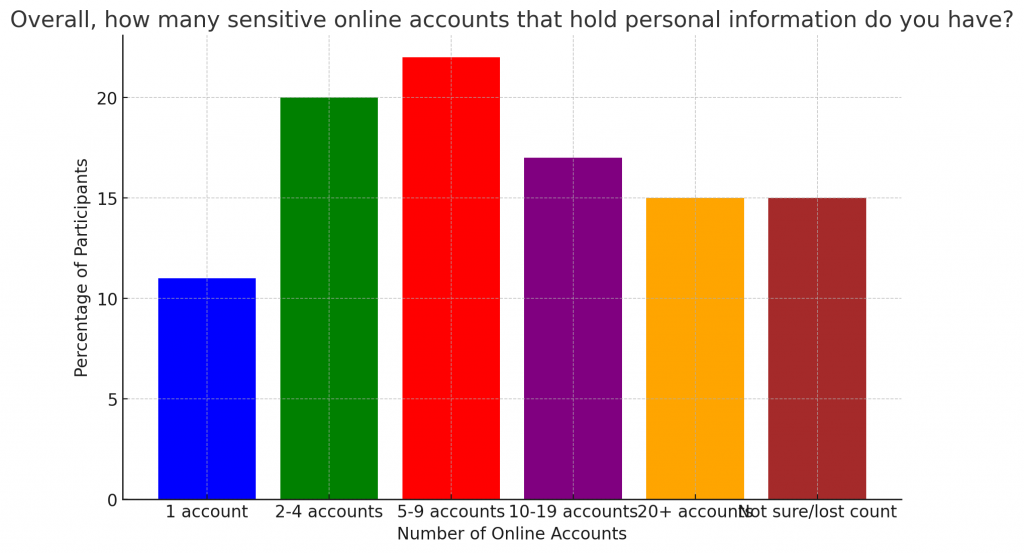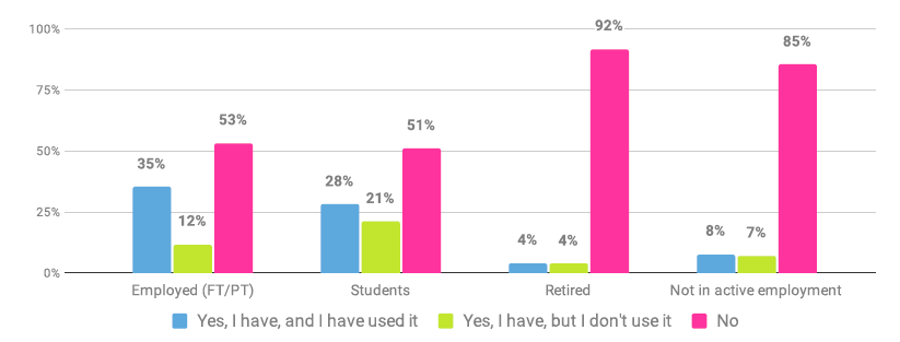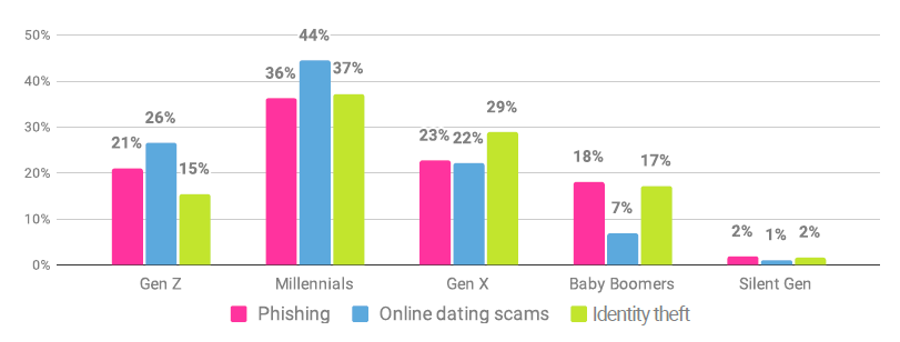We’re living in a world that’s all about being connected digitally. And when it comes to cybersecurity, you really can’t stress its importance enough. As technology keeps advancing, so do the threats that are out there in the online world.
We are pretty sure that you already know that a lot of times it’s our own actions that put us at the biggest risk of a cyberattack or online scam. Things like using weak passwords (1234, right?) and having lax security policies can really come back to bite us. And let’s not forget the classic “This won’t happen to me” mindset. It’s no wonder that human error is behind around 88% of data breaches.
Good thing that organizations like the National Cybersecurity Alliance and CybSafe are on a mission to help people improve their cyber hygiene. Every year, they put out a report on cybersecurity attitudes and behaviours to educate folks and businesses on how to better secure their digital world.
This year’s (2023) study surveyed over 6,000 people across six countries, asking about their knowledge of cybersecurity risks, best practices, and challenges they face. And let me tell you, the findings are pretty eye-opening.

First off, it’s no shocker that 93% of participants are online daily. And with all the accounts we create, especially the sensitive ones with personal info, the risk just keeps growing. Check out this graph:
Nearly half of the people surveyed have ten or more sensitive online accounts. That’s a lot of potential for trouble if people are using the same password for multiple accounts.
However, even though most people (84%) feel that online security is a priority, a good chunk of them (39%) feel frustrated and almost as many feel intimidated by it. It can seem like you just can’t stay ahead of the hackers. Only about half of the people thought digital security was under their control. That’s a whole lot of folks who don’t feel like they have a handle on it.
But don’t let that discourage you! There are best practices you can put in place to safeguard your online accounts that actually work. Things like enabling multi-factor authentication, using an email spam filter to catch phishing attempts, adding a DNS filter to block sketchy websites, and following strong password practices.
One big way to reduce human errors when it comes to cybersecurity is through training. But get this, only 26% of the people surveyed had access to cybersecurity training. And when you break it down by employment status, those who aren’t actively employed are the most in need. Take a look at this graph:

Even among employed folks, only 53% report having access to and using cybersecurity awareness training. Employers have a huge opportunity here to significantly reduce their risk of a data breach by beefing up their security awareness training. And there’s a big chance to provide more training to those who are retired or not actively employed.
Now, let’s talk about cybercrime. Over a quarter (27%) of the people surveyed said they’ve been a victim of cybercrime, with things like phishing, online dating scams, and identity theft being the most common. And guess which generation reported the most cybercrime incidents? Millennials. Baby Boomers and the Silent Generation reported the fewest. Check out this graph:

But no matter what generation you’re part of, it’s crucial to adopt security best practices. Things like:
1. Using strong, unique passwords for each account
2. Enabling multi-factor authentication
3. Keeping your software up to date
4. Being cautious of phishing attempts
5. Using secure Wi-Fi networks
6. Regularly backing up important data
7. Using antivirus and anti-malware software
8. Being mindful of your social media privacy settings
9. Securing your personal devices with strong passwords or biometric authentication
10. Educating yourself and staying informed about cybersecurity
A little education on cybersecurity can go a long way in protecting your data. Experts can provide training at whatever level you need to help fortify your defenses against phishing, scams, and cyberattacks.
So don’t wait, reach out today to schedule a chat and start taking control of your online security!